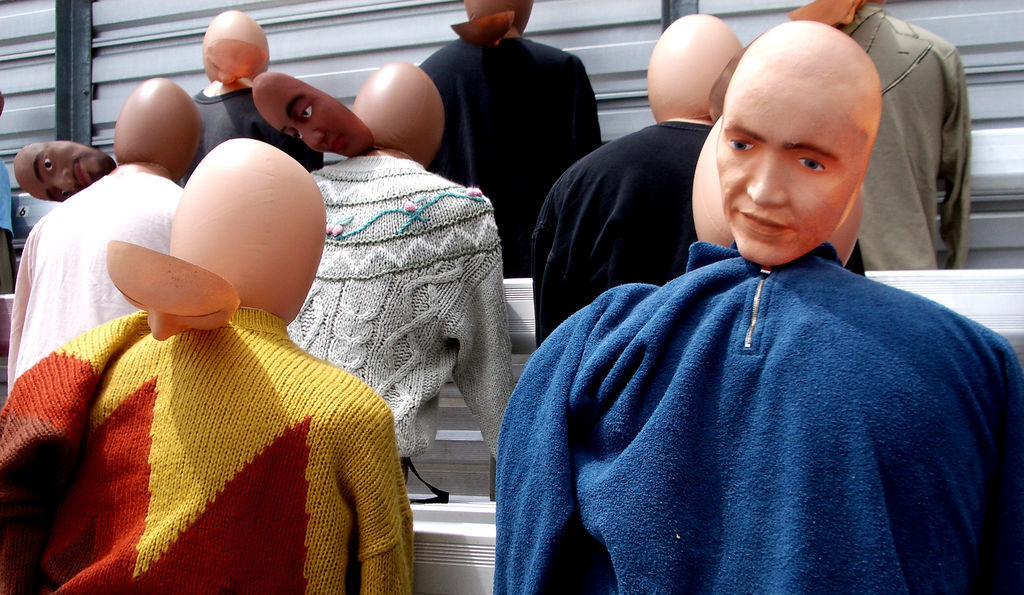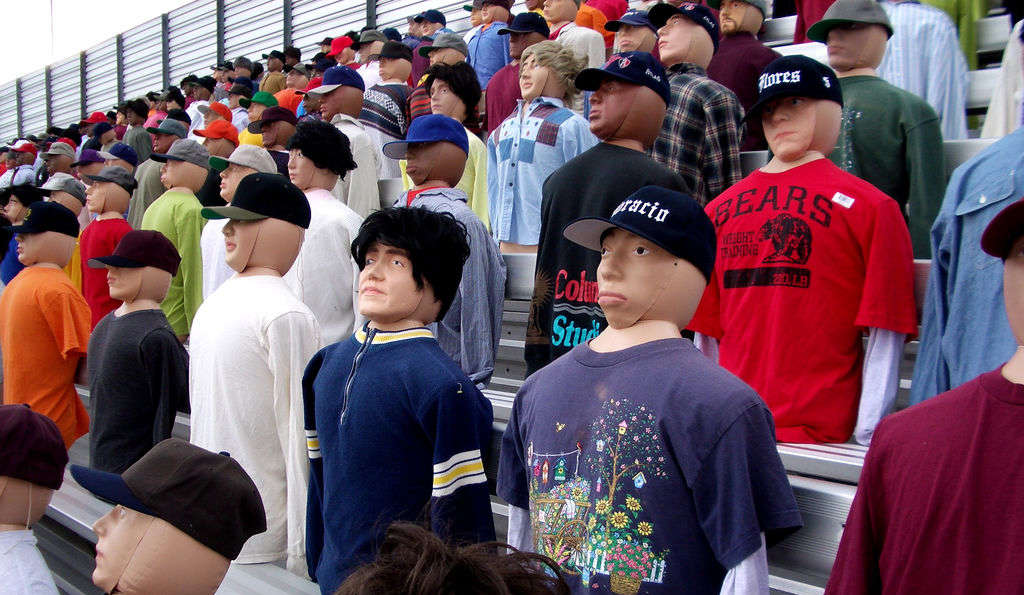Astroturfing is a marketing technique by which the real source of an advertising or propaganda message is hidden, and the message is shown to be a spontaneous and massive expression of public will. This controversial tactic creates fake popularity which influences the public to be more receptive to the idea, brand or product that is being promoted. The term astroturfing comes from Astroturf, a brand of artificial grass.
The technique is not new in the world of advertising and political marketing, however the term “astroturfing” is. Probably because online media has developed increasingly sophisticated ways to implement it. Thanks to new technologies it is now easier and more affordable to simulate virality and massive support. One of the most common methods is to buy followers and interactions for social media accounts. It can be done for all the popular social networks: Twitter, Facebook, Instagram, YouTube and Google Plus, among many others.
Another astroturfing technique involves sending massive emails to an individual or specific organization in order to influence them. Forging customer reviews and recommendations is also another common and well-known practice which involves posting comments on social networks, blogs and online forums. These could be positive (to simulate support) or negative (to simulate criticism).

Astroturfing, journalism and hoaxes
“Journalistic astroturfing” uses the credibility of journalists and the press, who contribute to promote and massify a certain message, consciously (by paid advertising in the style of a story by the journalist) or unconsciously (by hoaxes). Blogs are a common tool used by astroturfers. In the book Trust Me, I’m Lying: Confessions of a Media Manipulator, marketer, public relations director, and media strategist Ryan Holiday tells of his experience in making up stories that, through bloggers, reached the mass media.
Considering that journalists usually get information and do research via the Internet, it’s not uncommon that they get tricked by fake news when they don’t verify the validity of the sources of the information they find. Also, once an important newspaper has published a hoax, it is very likely that other newspapers will publish it too. The list of internet hoaxes that reached journalistic media and international coverage is surprising, and there are new cases all the time.
A notorious example is Fame Daddy, a supposed “celebrity sperm donor service” that sells sperm from famous people to the highest bidder. The authors of the hoax created a website and promotional videos, tricking the British press first, and later the foreign media. The sham went so far that the “marketing manager” of the fake company was interviewed on the TV show “The Morning” on ITV News. The hoax happened to be advertising for a new comedy show (Fame Daddy hoax turns out to be promotion for Channel 4 comedy).

Another interesting case involved fake research that showed that Internet Explorer users have a lower I.Q. than users of other Internet browsers (Internet Explorer users ‘have below-average IQ’). The denial of the hoax rarely reaches the levels of popularity of the original news story.
Astroturfing and Politics
Astroturfing in politics also deserves a mention, because in political propaganda we can find recurring cases. The most well-known case is the infamous “50 Cent Party”, an army of employees hired by the Chinese government to post online comments. The thousands of employees that integrate the party have special training and they have to pass an exam to start working. For the task, the government chooses young people with communicational skills, and they receive precise thematic guidelines.
The effectiveness of astroturfing is based on psychological laws like social proof, which demonstrate that people tend to accept an idea when others have already accepted it. A similar concept is the spiral of silence, a theory that states that we are more likely to express an idea when we believe that that idea is held by the majority, however we tend to keep silence when we believe we are in minority.

